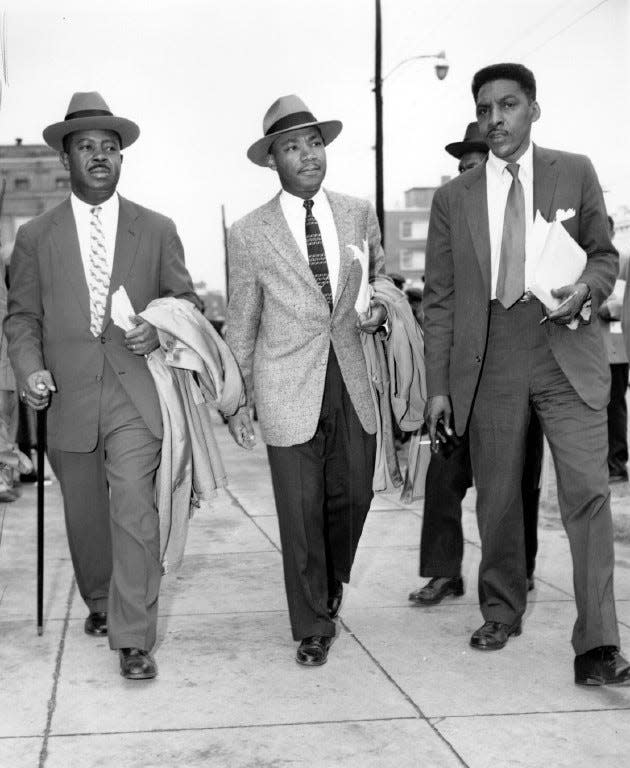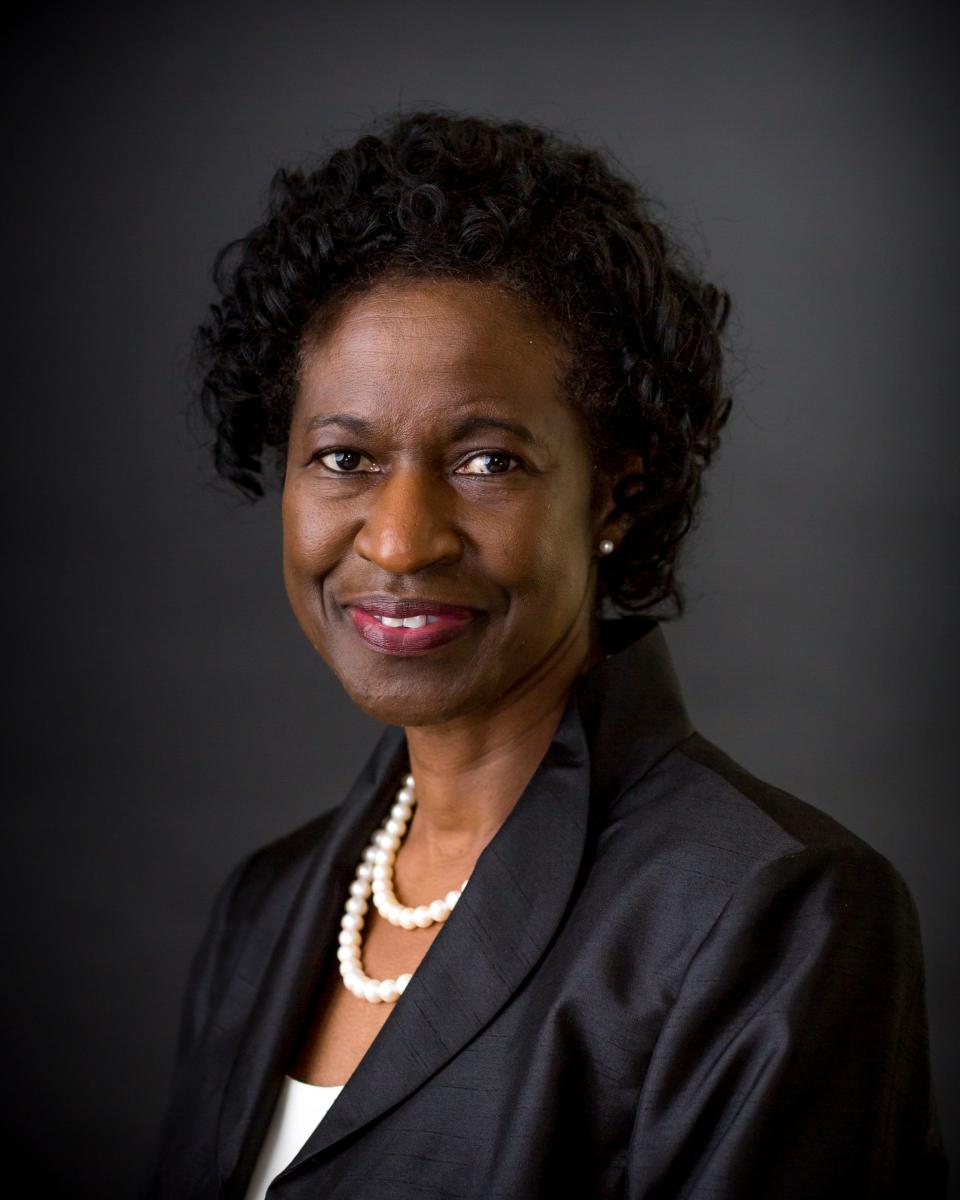Be inspired by Martin Luther King: Make community service part of your every day

- Oops!Something went wrong.Please try again later.
The Rev. Dr. Martin Luther King Jr. was a proponent of community service; and through his leadership with the Civil Rights movement in the 1950s and 1960s, the Baptist minister was able to do so on a larger scale.
Although he was physically assaulted, arrested, and jailed multiple times, King was steadfast in participating in nonviolent protests and marches to effectuate changes that would make a positive difference not selfishly for himself or for his family, but for Black people and other disenfranchised groups.
The movement permeated communities throughout the United States and empowered people to take a stand to change racial injustice and unfair laws. Local citizens received training on how to react nonviolently to demeaning and life-threatening actions that occurred from their efforts to demand changes in their immediate areas. Smaller protests and marches were the building blocks that made it possible to garner support for and yield success of high-profile events, such as the 1963 March on Washington for Jobs and Freedom, and the 1964 Civil Rights Act.
We should not discount the deeds of courageous residents at the local level that sustained people’s capability to persevere amid turmoil. This was evident during the Montgomery Bus Protest when those with transportation gave rides to those without.

Smaller community service efforts have been essential for communities to survive historically. My maternal grandmother was my role model in this area. She consistently found a way to make a difference in the lives of other people as she worked on one task after another. She was widely known and liked in the community.
Mama Dot, as she was affectionately called, desired to promote the welfare of other human beings, especially the less fortunate, by doing something to address the specific need of the individual or group. It was not out of the ordinary for her to cook a meal for a family in bereavement or tidy up a house for someone physically incapacitated.
Additionally, one of her endeavors was serving as a “Negro” captain to raise money for the American Red Cross. Although Mama Dot and members of her rural community were not wealthy people, they wanted to give what they could to support others who needed help because of crises in their lives.
I applaud them for not only their desire to make a difference, but also for sharing their meager earnings with people who were not members of their immediate family. Those altruistic people understood the importance of human beings caring for one another with more than thoughts and prayers. Instead, they chose charitable actions by volunteering their time, efforts and resources.
Similarly, each of us must embrace our responsibility to volunteer in our community to enhance the quality of life for someone else. Our actions do not have to be grandiose; sometimes the small things in life can be what is needed most. Consider tutoring a student to help with academic success, calling an elderly person who lives alone to alleviate loneliness or doing something else for which you have the ability to give.
First John 3:18 instructs us to act when we see a need instead of just talking about it. If we act in accordance, the recipient’s life would be enriched as would the giver’s. It is amazing how rendering service to someone else causes the giver to feel rewarded.
Today, let us pay homage to Dr. King by being the solution to the problem through service that benefits others.
Wanda L. Nelson is a retiree who enjoys tutoring and mentoring students. Doing Good Together is compiled by Interfaith Action of Central Texas, interfaithtexas.org.
This article originally appeared on Austin American-Statesman: Be inspired by Martin Luther King: Make community service part of your every day

